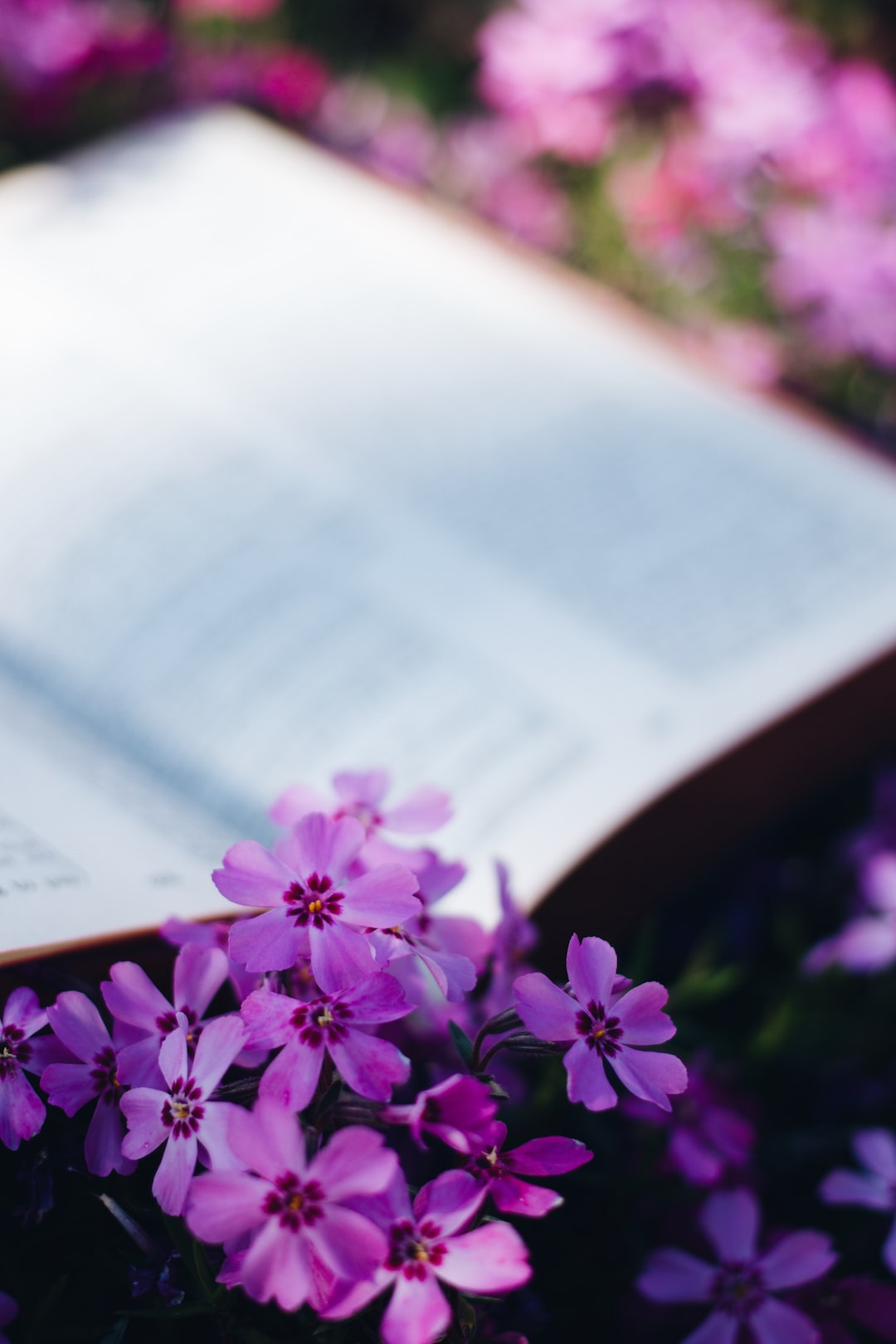Faith and the Environment: The Call to Be Stewards of Creation
In a world where concerns about the environment are growing, it is becoming increasingly important for people of faith to reflect upon their role as stewards of creation. Regardless of one’s religious beliefs, it is undeniable that the health and preservation of our planet is of utmost importance. However, for those who follow a faith tradition, this responsibility goes beyond a mere obligation; it is a profound and sacred calling.
Across various religious texts and teachings, there exists a common thread that emphasizes the importance of caring for the environment. For instance, in Christianity, the Bible states in Genesis 2:15, “The Lord God took the man and put him in the Garden of Eden to work it and take care of it.” This verse highlights the divine instruction for humans to be caretakers of the Earth, illustrating an intrinsic link between faith and the environment.
Similarly, in Islam, the Qur’an teaches believers about the importance of preserving the environment. Muslims believe that nature is a creation of Allah and should be respected and protected. The Qur’an states in Surah Al-Isra, verse 44, “Do you not see that to Allah prostrates whoever is in the heavens and whoever is on the earth and the sun, the moon, the stars, the mountains, the trees, the moving creatures and many of the people?” This verse emphasizes the interconnectedness of all beings and the significance of each element within creation.
The call to be stewards of creation extends beyond Christianity and Islam. In Hinduism, the concept of “ahimsa” or non-violence is central. This principle extends not only to human beings but also to the environment and all living beings. Hindu scriptures emphasize the need to live in harmony with nature, recognizing that all of creation is interconnected and dependent on one another.
Buddhism, too, promotes a deep respect for the environment. The concept of “interbeing” in Buddhism acknowledges the interdependence and interconnectedness of all things. Buddhists believe that by harming the environment, we harm ourselves as well. Thus, the path to enlightenment includes living in harmony with nature and being mindful of our actions.
Regardless of one’s faith tradition, the call to be stewards of creation goes beyond religious boundaries. It is a shared responsibility for all of humanity. As Pope Francis eloquently stated in his encyclical “Laudato Si’,” “The urgent challenge to protect our common home includes a concern to bring the whole human family together to seek a sustainable and integral development.”
This shared responsibility necessitates change at an individual and collective level. It requires us to reevaluate our lifestyles and consumption patterns, making choices that are environmentally friendly. By adopting sustainable practices, such as reducing waste, conserving energy, and supporting environmentally conscious businesses, we can actively contribute to the preservation of our planet.
Moreover, faith communities can play a crucial role in raising awareness about environmental issues and promoting responsible stewardship. Churches, mosques, temples, and other religious institutions can integrate environmental education into their teachings, emphasizing the interconnectedness of faith and caring for the Earth.
The urgent need to address the environmental crisis ultimately transcends religious boundaries. It is a moral imperative for all of humanity. By recognizing our role as stewards of creation, we can work towards a sustainable future and leave a legacy that honors the sacredness of the Earth. Let us come together, guided by our faith and shared values, to protect and preserve the planet we call home.

